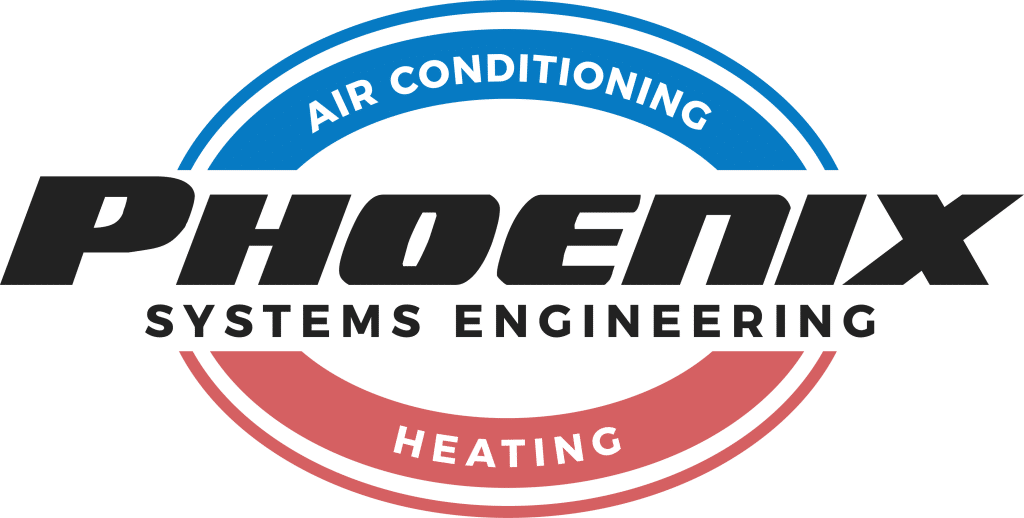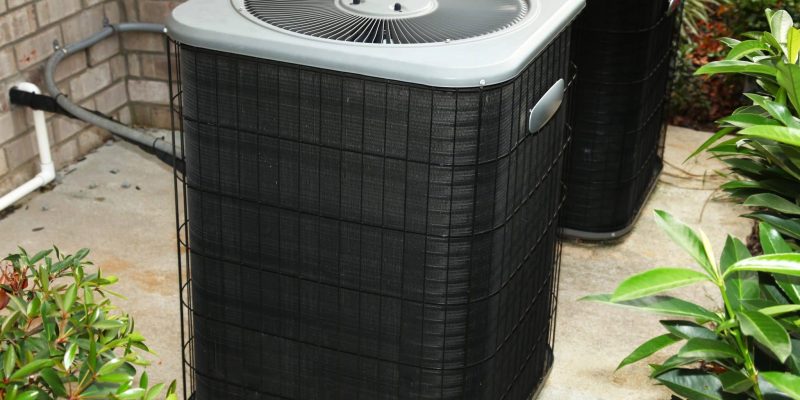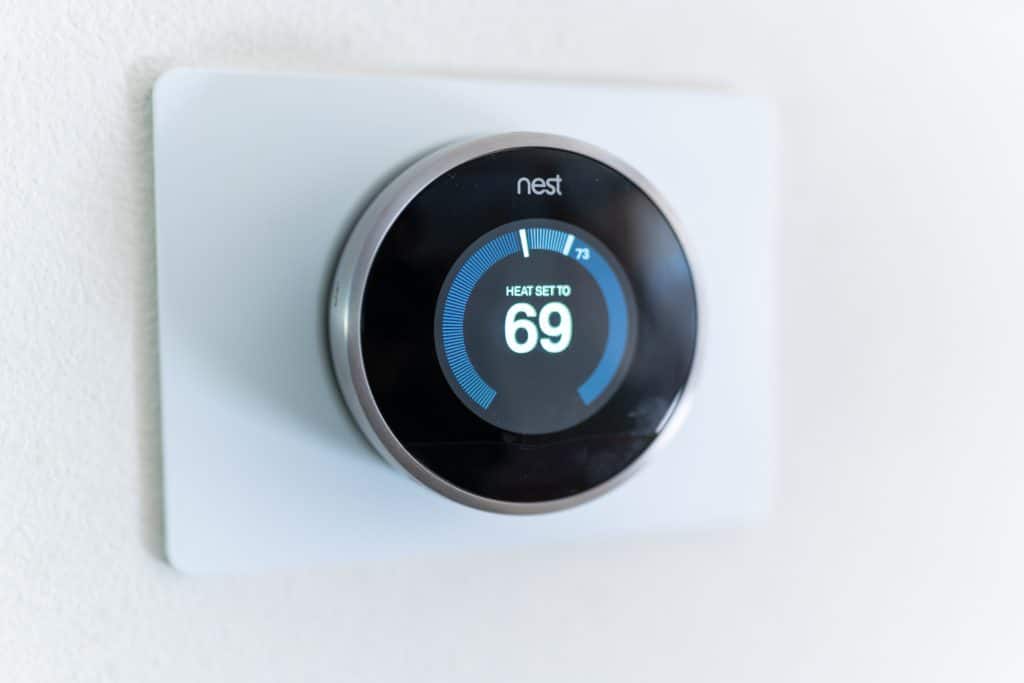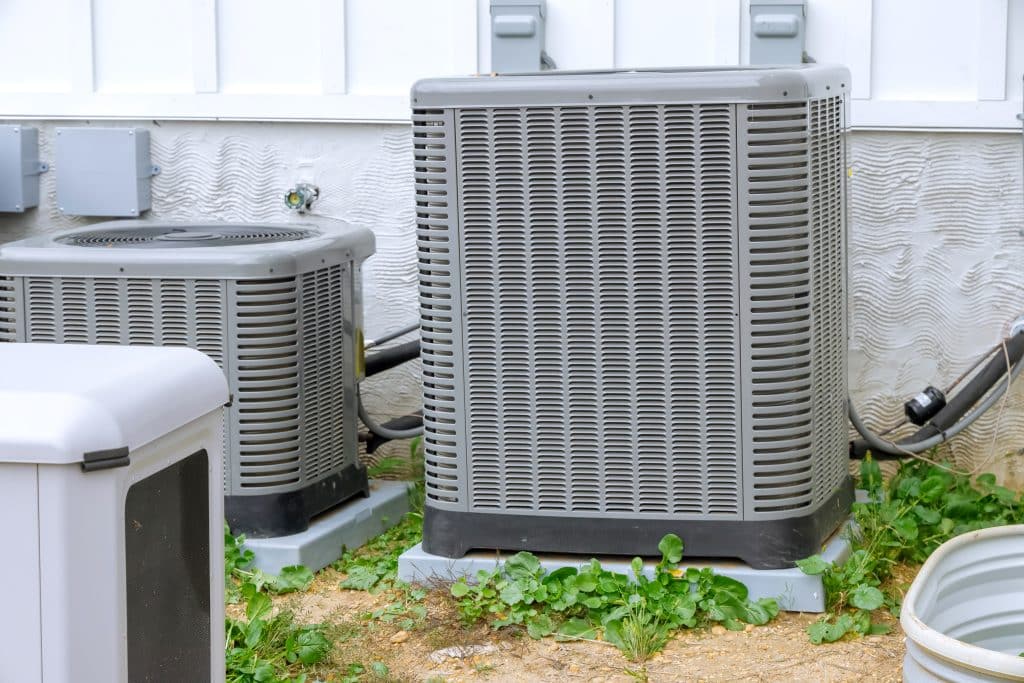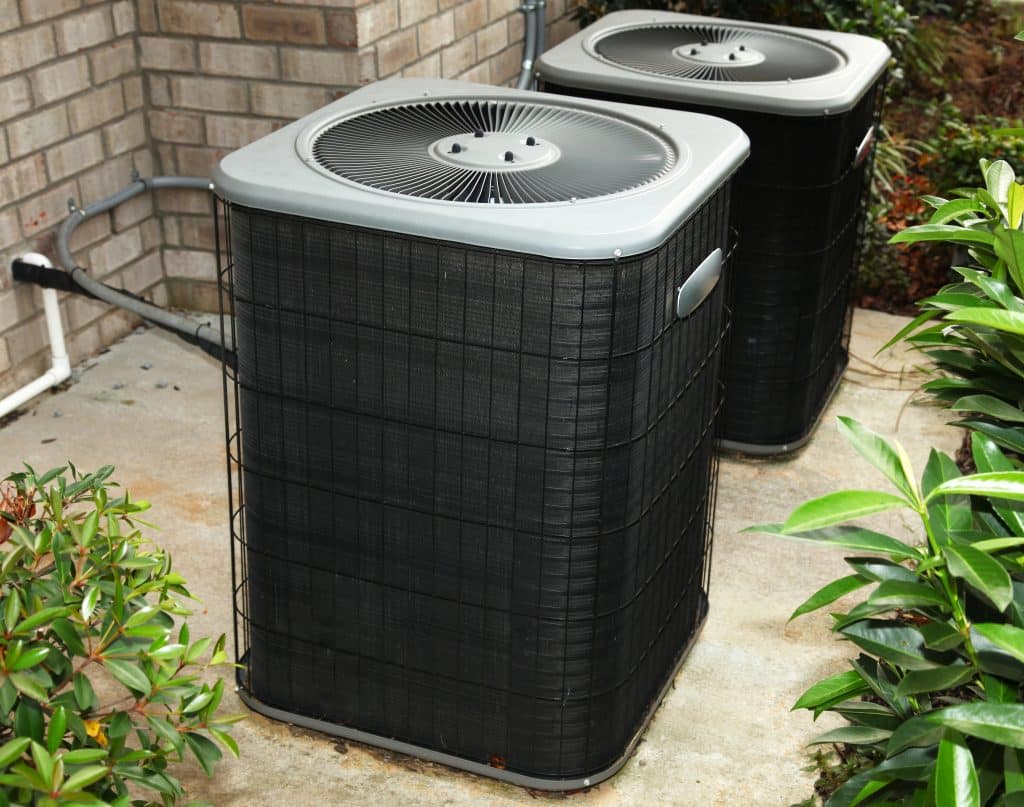Summer in Florida is no joke which is why you need a serious HVAC system to battle the heat and humidity. The last thing you want is for your air conditioner to fail. Unfortunately, like all mechanical systems, it may require tune ups or repairs over time. Recognizing the signs of AC trouble can help you address any issues before they escalate into a bigger problem or complete failure of your system.
Read on for more information about signs that your AC system may need repair.
AC Not Cooling
One of the most obvious signs that your HVAC system needs repair is if it’s not working properly to cool your home. If you notice that certain areas of your home are either warmer or more humid than others, the system may be struggling to maintain the temperature.
You’ll need to call a professional to assess your system. These are some potential causes of your system not cooling properly:
- Low refrigerant levels
- Malfunctioning compressor
- Blocked airflow
AC Making Noises
If your HVAC unit is making noises, don’t panic. Some noises are normal and expected with mechanical systems. However, if you’re hearing loud or unusual noises such as grinding, squealing, banging, or loud clanging, it’s a good indicator that your system may need a check.
These noises can indicate issues like:
- Loose parts
- Motor issues
- Debris
To address these noises is a great proactive approach that may ward off bigger problems once you fix it. Allowing these issues to continue may prevent severe damage and extend the life of your unit.
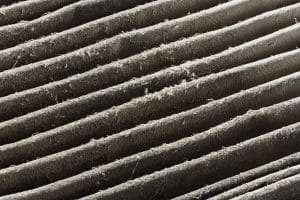
Frequent On/Off Cycles
Your air conditioner will go through regular cooling cycles regardless of the weather. If you notice that your unit is constantly running or turning off and then turning right back on again, it could be indicative of a problem. Some issues that could cause frequent cycling are:
- Thermostat issues
- Dirty filters
- Wrong size unit for your home
When you have a system that turns on or off too much, you are putting unnecessary strain on the system and that can lead to higher bills.
Foul Odors
An AC system that is emitting odors similar to musty, damp, mildew, or mold, should be promptly assessed. These smells could indicate mold or mildew growth in the ductwork or unit itself. A burning small may be a sign of electrical issues.
It’s crucial to have a professional from Phoenix Systems Engineering to take a look to ensure that your quality of air remains safe in your home.
High Humidity Levels
High humidity is something that every Floridian knows about, but your respite should be indoors. If the humidity is remaining high in your home it could signal that something is amiss within your HVAC system. Some issues that could cause higher than normal humidity levels are:
- Evaporator coil malfunction
- Malfunctioning motor
Having humidity levels that are too high in your home makes it uncomfortable and possibly unsafe for those sensitive to heat.
AC Unit Leaking Water
There should be a few areas to inspect for moisture. There’s usually a handler which can be inside your home or in the garage, and the unit itself (typically placed outside). If you spot leaking or pools of water around either area, it’s time for a professional. Issues that could cause excess moisture are:
- Refrigerant leaks (immediate attention due to hazardous material is needed)
- Blocked drain tube

Increasing Energy Bills
Most people experience a spike in their utility bill when summer hits, but seeing a big number or usage that is out of the norm (check your past statements) is a red flag indicator that something is going wrong with your HVAC system. Your system may not show any of the symptoms above but if it’s overcompensating to keep up with the heat those bills will begin to creep up. Some causes for increasing energy bills are:
- Dirty air filters
- Leaky ducts
- Older HVAC system
Can I Prevent AC Malfunctioning and Repairs?
While you can’t completely avoid your AC malfunctioning, there are several things you can do to mitigate problems and extend the life of your system. They are:
Regular Maintenance
Having a professional out once or twice a year to run a tune up, replace refrigerant, and check the overall condition of your system is very important to its longevity. A professional can let you know if your system needs work, any problems that are likely to arise, or just give you peace of mind.
Change AC Filters
How often you need to change your AC filter is dependent on your system and the quality of the filters that you buy. Some are recommended to be changed every month and others are every 3 months.
Keeping up with your filter changes ensures your system functions properly and without overtaxing the unit.
Clean the Drain
There’s a pipe that goes to the outside and it can get clogged up and gunky due to debris and moisture. Some recommend bleach while others recommend vinegar. It helps to break down the sludge that forms inside the pipe and allows your system to work efficiently.
AC Problems Are Daunting but Knowledge About Your System Helps
Recognizing when your AC system has a problem is the first step to increasing its lifespan. Early indicators may save you discomfort, costly repairs, and higher utility bills.
If you notice anything ‘off’ about your HVAC system (even if they’re not listed above), it’s time to get a professional involved. Contact your local HVAC professional technician at Phoenix Systems Engineering. We are happy to help.
